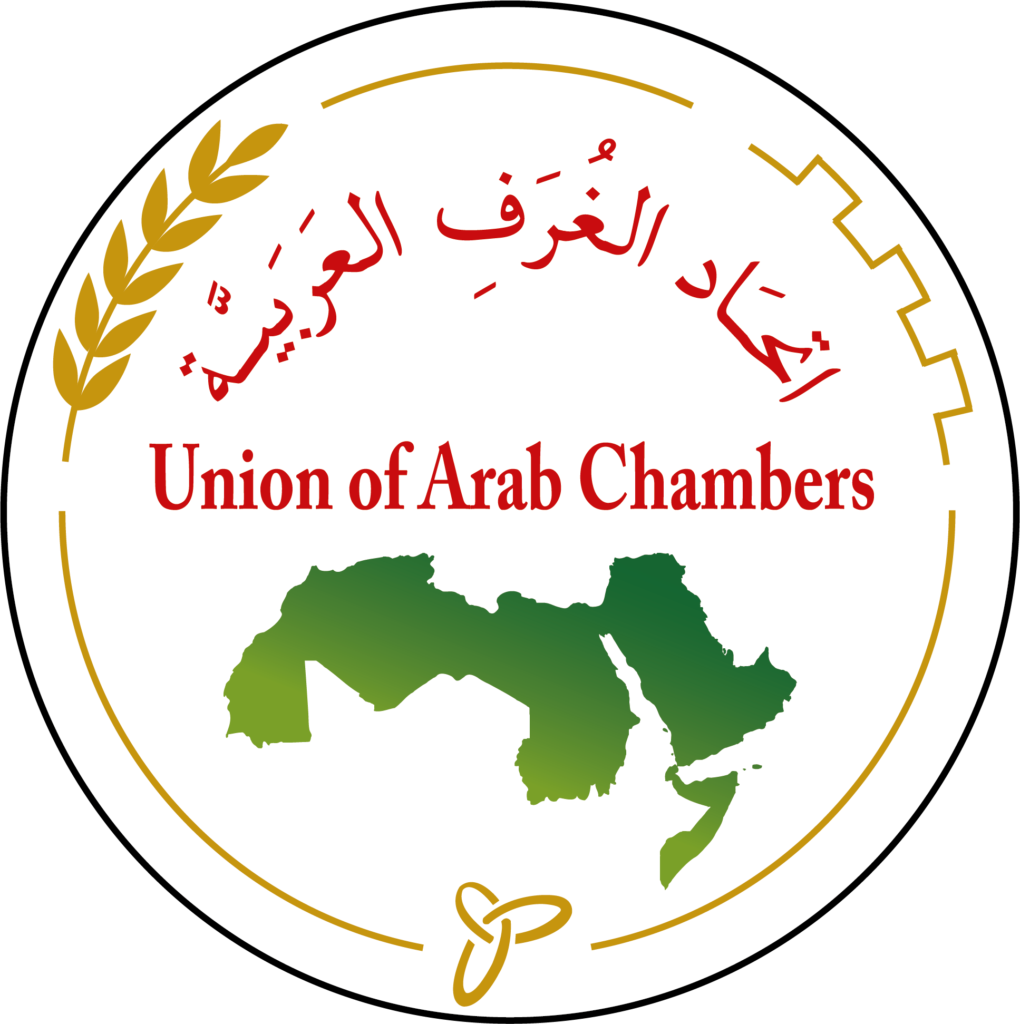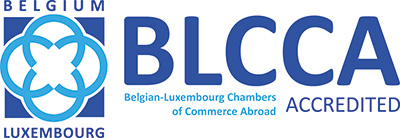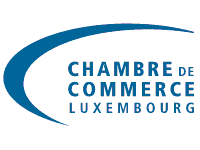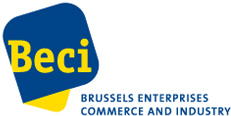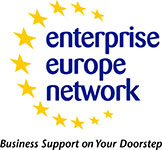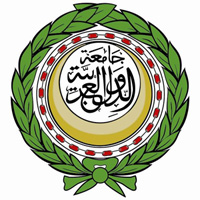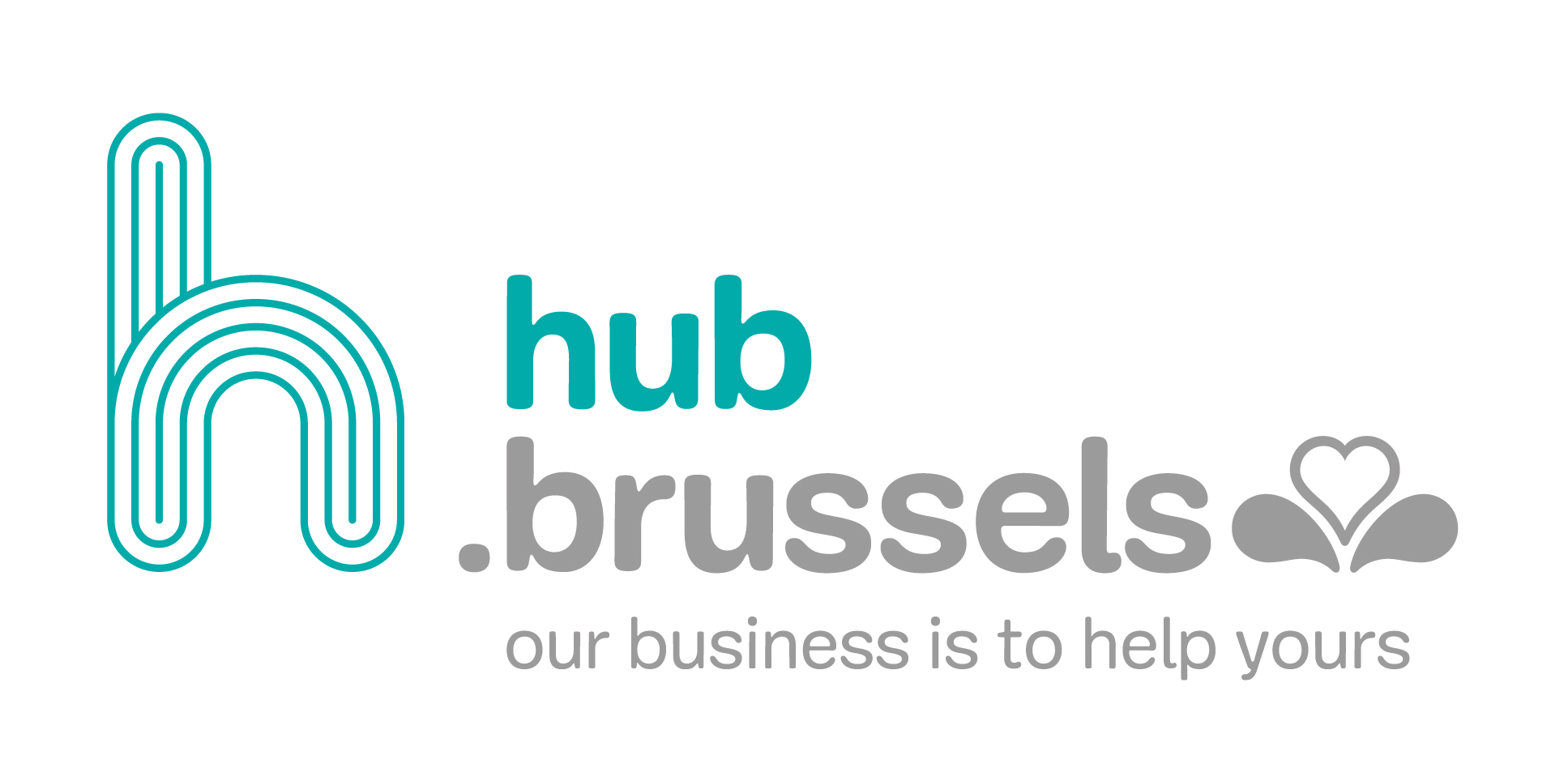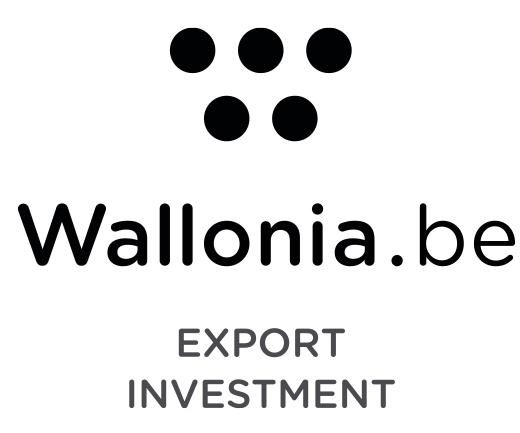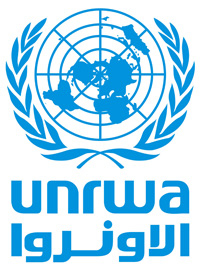5th edition, 2014
Focus on the Hashemite Kingdom of Jordan
Interview with the Jordanian Ambassador to Belgium, Luxembourg and the European Union, H.E.M. Dr. Montaser Oklah AL-ZOU'BI

Jordan! Such a fascinating country…
A famous Arab figure is Hatim al-Ta'i whose name means "generosity." According to the legend, when she was newly married, Hatim’s mother had a dream in which she was offered a choice: she could either have ten brave sons or only one son, Hatim, who would possess extraordinary generosity. She chose to have Hatim. One day, his father sent him to take the family's camels to pasture. Hatim proudly returned explaining that he had given away every one of the camels and that this would surely bring fame to the family name.
This story illustrates the value of generosity so characteristic of the Jordanian People. However, the Hashemite Kingdom of Jordan displays several other valuable qualities. Indeed, situated at the heart of the Arabian Peninsula, the country has always been, since ancient time, a crossroad between east and west, which makes Jordan a key strategic trading center.
The ABLCC did not miss the opportunity to provide its readers with an interview with H.E.M. Dr. Montaser Oklah AL-ZOU'BI, Jordanian Ambassador to Belgium, Luxembourg and the European Union, to get a closer look at the Jordanian market.

ABLCC: First of all, to discuss latest events, on 9 October 2014, Jordan and the EU signed a new partnership, in Luxembourg, in order to better manage mobility and migration. Does this partnership open up new avenues for economic and commercial cooperation between EU and Jordan?
The Joint declaration of a Mobility Partnership between Jordan and the EU which has been recently signed in Luxembourg, establishes the framework for future cooperation in the field of migration and mobility. This is a significant step towards greater cooperation between Jordan, the EU and its Member States, which aims to bring our citizens closer, and this would reflect on other fields as a consequence, in terms of economic and commercial cooperation, this partnership would pave the way towards strengthening the economic ties and commercial exchange by facilitating the mobility of people, businessmen would benefit from it, and would have the opportunity to meet with business people in the EU and its Member States for commercial exchange and establishing businesses, also to unlock opportunities encouraging investments between all sides.
Did you know?
On March 30th 1921, the Emirate of TransJordan was founded.
On May 25th 1946, Jordan became the independent Hashemite Kingdom of Jordan.
Evidence of Jordan's history dates as far back as 7,000 years before Christ.
ABLCC: Now, considering the relationship between Jordan and the EU, and more precisely with Belgium and Luxembourg. Could you elaborate on this relationship both at the economic and social level?
The EU continues to be Jordan’s main trade partner; though, Jordan has a huge deficit in its balance of trade vis-à-vis the EU. The preparatory process for launching negotiations on a Deep and Comprehensive Free Trade Area (DCFTAs) is on-going, and we hope that the negotiations would be launched soon, as we aspire that the (DCFTA) will further develop closer trade ties and maximize opportunities offered by the EU-Jordan Association Agreement, and as for Belgium and Luxembourg being Members of the EU, this would apply to our partners and would reflect on enhancing trade and economic relations with them accordingly within the framework of the Jordan-EU relations.
ABLCC: How would you describe the Jordanian Market? What are its main assets?
Did you know?
The Jordanian flag symbolizes the Kingdom's roots in the Great Arab Revolt of 1916, as it is adapted from the revolt banner. The black, white and green bands represent the Arab Abbasid, Umayyad and Fatimid dynasties respectively, while the crimson triangle joining the bands represents the Hashemite dynasty. The seven-pointed Islamic star set in the centre of the crimson triangle represents the seven verses of Surat Al-Fatiha, the first Sura in the Holy Qur'an.
The main assets of the Jordanian economy are:
a) Unique and Strategic Location
Jordan, which is situated at the convergence of Europe, Asia and Africa, plays the role of a transportation hub in the Middle East. What is more, it provides access to the Red Sea through the Port of Aqaba, and other ports via neighbouring countries.
b) Stable Political Environment
The dedicated and stable leadership in the Hashemite monarchy, supported by a democratically elected Parliament, guarantees freedom of belief, speech, press, association and private property. Moreover, the Jordanian Authorities have a firm commitment to private enterprise system.
c) Free Market Oriented Economy
The Economy in Jordan depends on Economic policies based on outward-oriented, private sector led approach, on ongoing privatization of major state-owned enterprises, and significant advances in structural and legal reform.
d) A Package of Incentives and Exemptions to Encourage Investment
- Projects are exempted from income and social services taxes by 25%, 50%, or 75% for a ten year period, depending on the location of the project.
- Imported fixed assets are 100% exempted from customs duties and taxes.
- Imported spare parts for fixed assets can be exempted from fees and taxes.
- Additional exemption from customs duties and income tax is granted for the expansion, modernization, or development of existing projects.
- Hotels and hospitals may purchase furniture and supplies without customs duties once every seven years for renewal purposes.
Did you know?
The largest airport in Jordan is Queen Alia International Airport in Amman that serves as the hub of the regional airline Royal Jordanian.
The Gulf of Aqaba is renowned worldwide for its underwater sea life. It hosts about 110 species of soft corals, 120 species of hard corals, and over 1,000 species of fish.
Jordan is home to Petra, one the new Seven Wonders of the World.
e) Access to Major International Markets
Jordan benefits from duty and quota free access to the US market through the Qualifying Industrial Zones (QIZ), as well as to duty free access to EU markets. Likewise, it enjoys access to more than 10 Arab countries through the AFTA.
Besides this, Jordan has bilateral agreements and favorable protocols with over 20 countries, and is Member of the Multilateral Investment Guarantee Agency (MIGA).
f) Free Zones and Industrial Estates
There are five private free zones in Jordan employing over 2,500 people in industries such as the parks in Amman, Irbid and Al-Karak.
g) Qualified and Competitive Human Resources
The country has a young and highly educated population - 87% of the population is literate and 17% of Jordanians receive higher education.
Last but not least, Jordan offers an abundant workforce at highly competitive wage rates.
ABLCC: In 2001, the Aqaba Special Economic Zone (ASEZ), which was intended to be a duty-free, low tax, and investor friendly zone, was established to serve as a model for development throughout Jordan. What are other concrete steps that have been taken to further improve Jordan’s investing environment?
The most important concrete step taken recently to improve the investing environment in Jordan was the new investment Law which aims to attract and encourage both local and foreign investments in Jordan, as well as, reinforce confidence in the investment environment in Jordan for the organization, revitalization and development of the economic environment.
The new Law tackles the following issues:
- Tax exemptions
- Investors’ rights
- A one-stop shop investment window
- Development and Free zones, and the relevant tax and customs exemptions
- Residency in Development and Free Zones
- The establishment of an Investment Board, as well as, a Higher Investment CommitteeThe establishment of an Investment Board, as well as, a Higher Investment Committee
ABLCC: In Jordan, what are the main sectors that hold opportunities for Belgian and Luxembourg companies?
The main sectors that hold opportunities for the Belgian and Luxembourgish companies are the Energy sector mainly the renewable energy (Wind, solar). Due to the high oil prices, Jordan is currently working with many international companies to use the most modern technologies in solar and wind energies to generate electricity. We are expecting to be able to generate electricity from solar and wind sources by the beginning of 2017. In addition to renewable energies, Jordan has launched its promising nuclear program. The relatively new Jordanian nuclear program is a peaceful program which aims to design, build and run nuclear reactors used to generate electricity. Given the wide experience Belgium has in this field, it would be a great opportunity if we witnessed companies from Belgium investing in this program.
ABLCC: Thanks to its strategic location, Jordan offers an ideal base for investment in the MENA region. Likewise, as a final question, could you give us an insight of the other advantages that Jordan has on offer for foreign investors?
The foreign investors, according to the new investment law, will be entitled to the following rights:
- Remittance abroad of all or part of the Invested Foreign Capital, in a convertible currency, that was brought into Jordan for the purposes of investment, in accordance with the relevant laws and regulations.
- Repatriation of revenues and profits outside of Jordan, in a convertible currency, earned by virtue of the investment.
- The liquidation or sale of the whole, or his share of the economic project or undertaking, as well as the ability to act with the proceeds without delay;
- The management of the economic project or undertaking in any way he sees fit, through personnel chosen by him.
- Benefitting from the same treatment as a Jordanian investor.
Jordan has a strange, haunting beauty and a sense of timelessness. Dotted with the ruins of empires once great, it is the last resort of yesterday in the world of tomorrow. I love every inch of it.
His Majesty the late King Hussein

More information on regulations, procedures and concrete investment opportunities
Visit:
Contact:
- Jordan Chamber of Commerce: This email address is being protected from spambots. You need JavaScript enabled to view it.
- Belgian Embassy in Jordan: This email address is being protected from spambots. You need JavaScript enabled to view it.
- Jordan Embassy in Belgium: This email address is being protected from spambots. You need JavaScript enabled to view it.
- Economic and Commercial Attaché (AWEX) – Mr. Patrice Le Grelle: This email address is being protected from spambots. You need JavaScript enabled to view it.
- Economic and Commercial Attaché (BIE) – Mrs. Nada Abdul Rahim: This email address is being protected from spambots. You need JavaScript enabled to view it.
- Arab-Belgian-Luxembourg Chamber of Commerce: This email address is being protected from spambots. You need JavaScript enabled to view it.




















